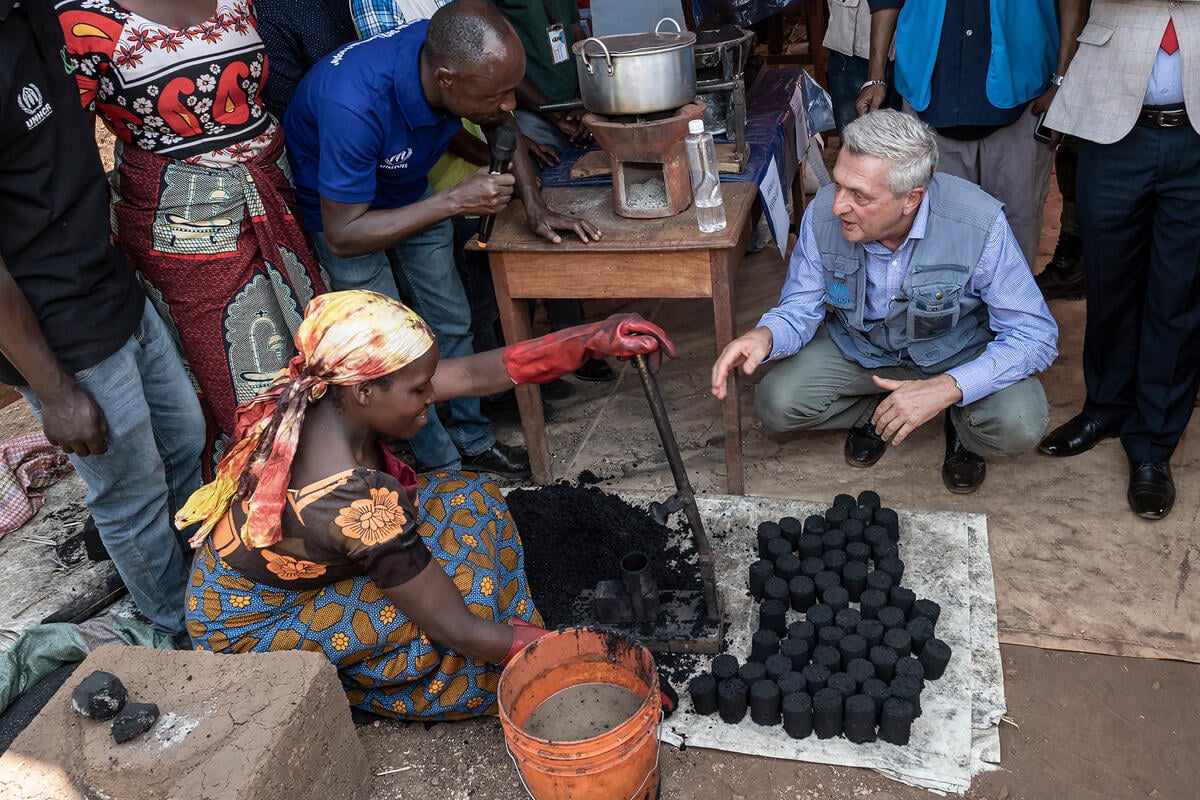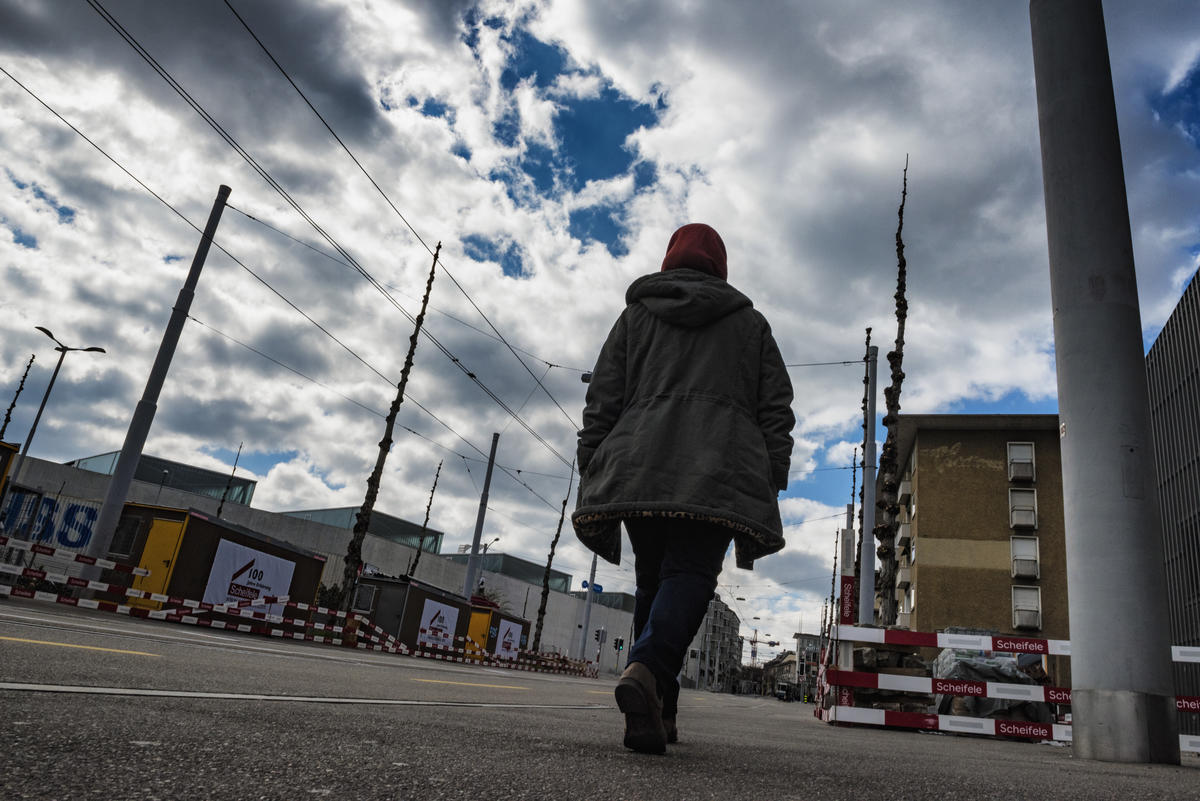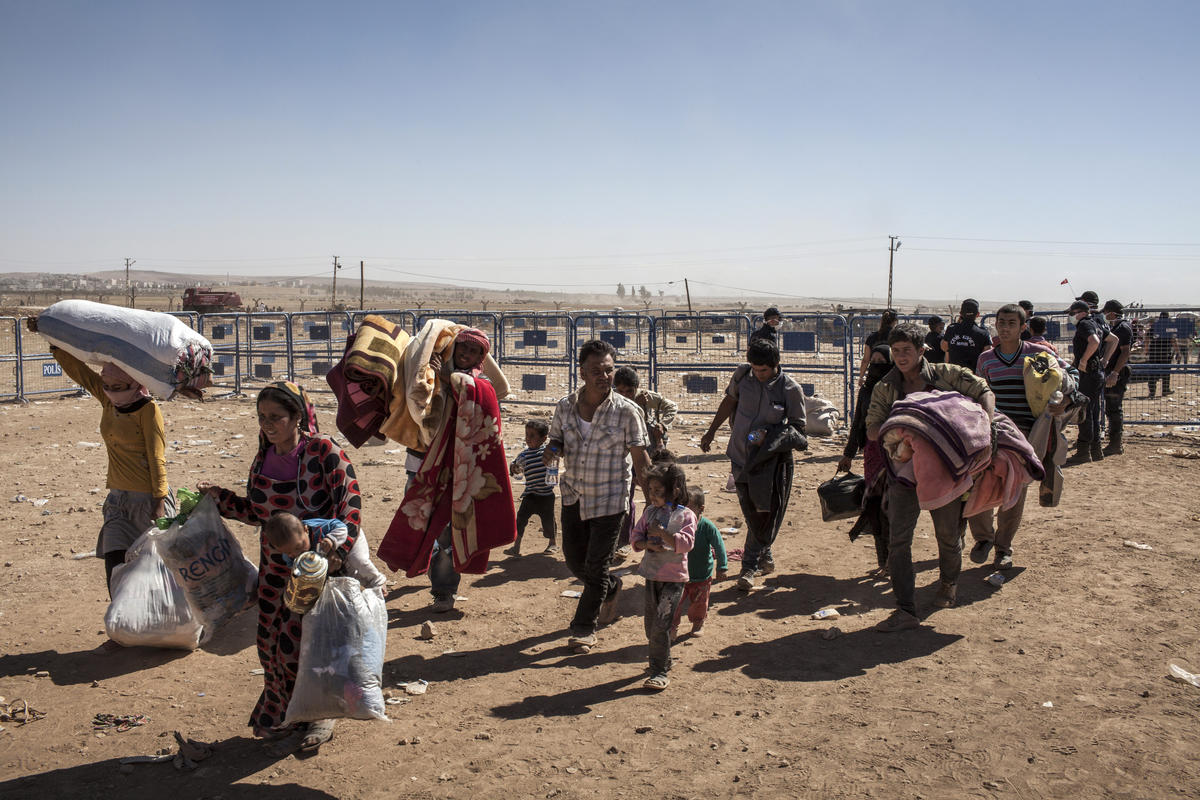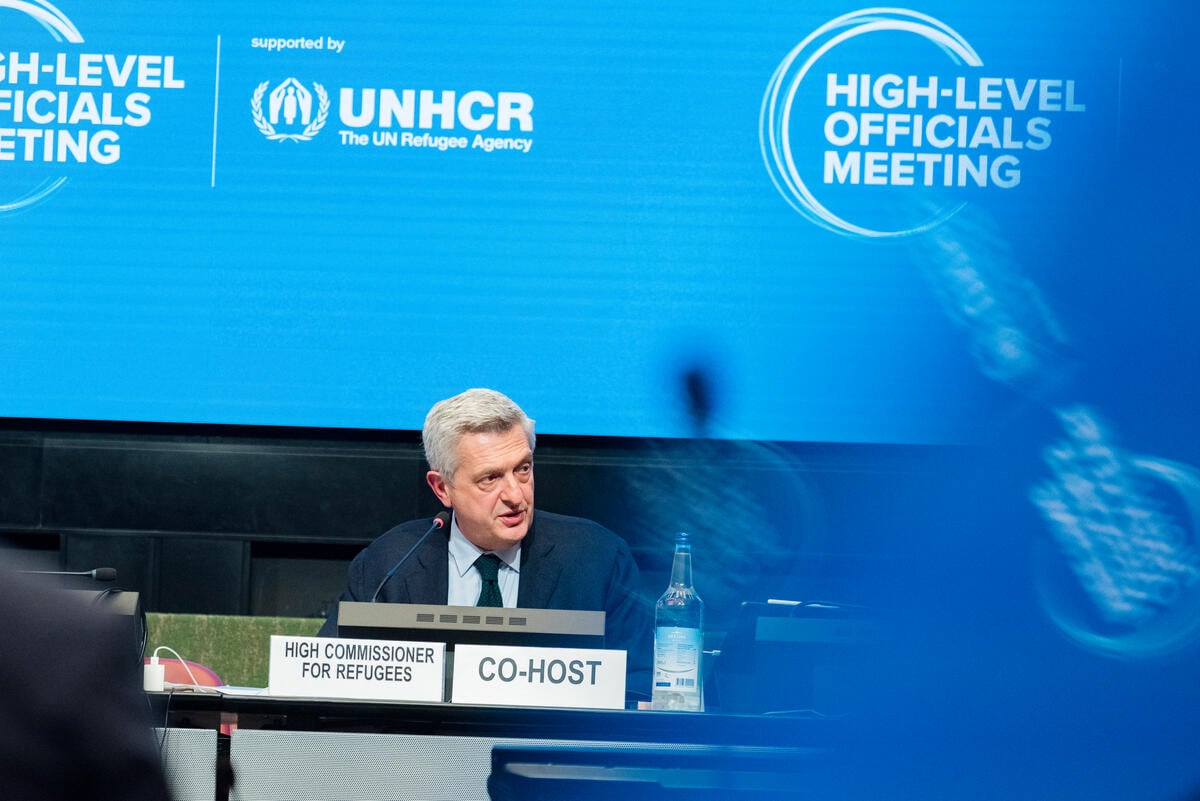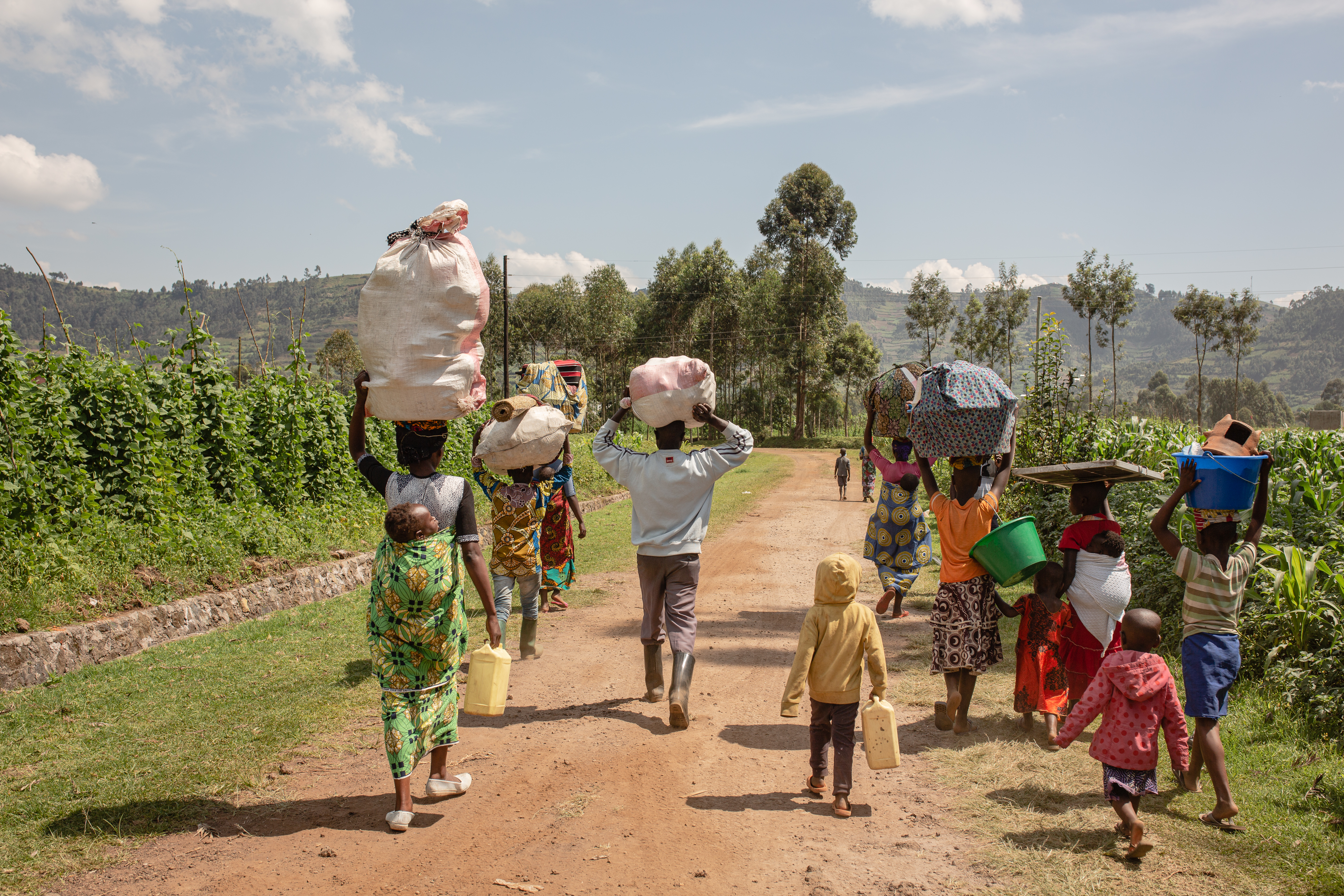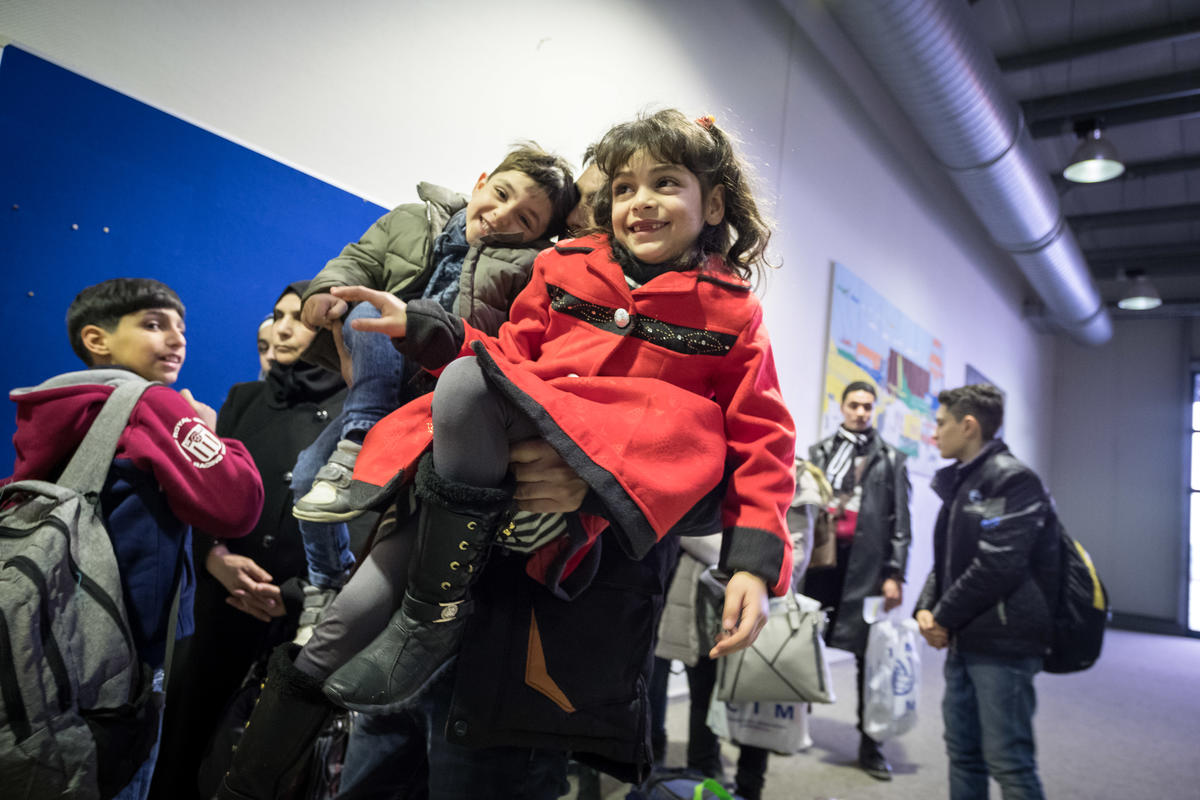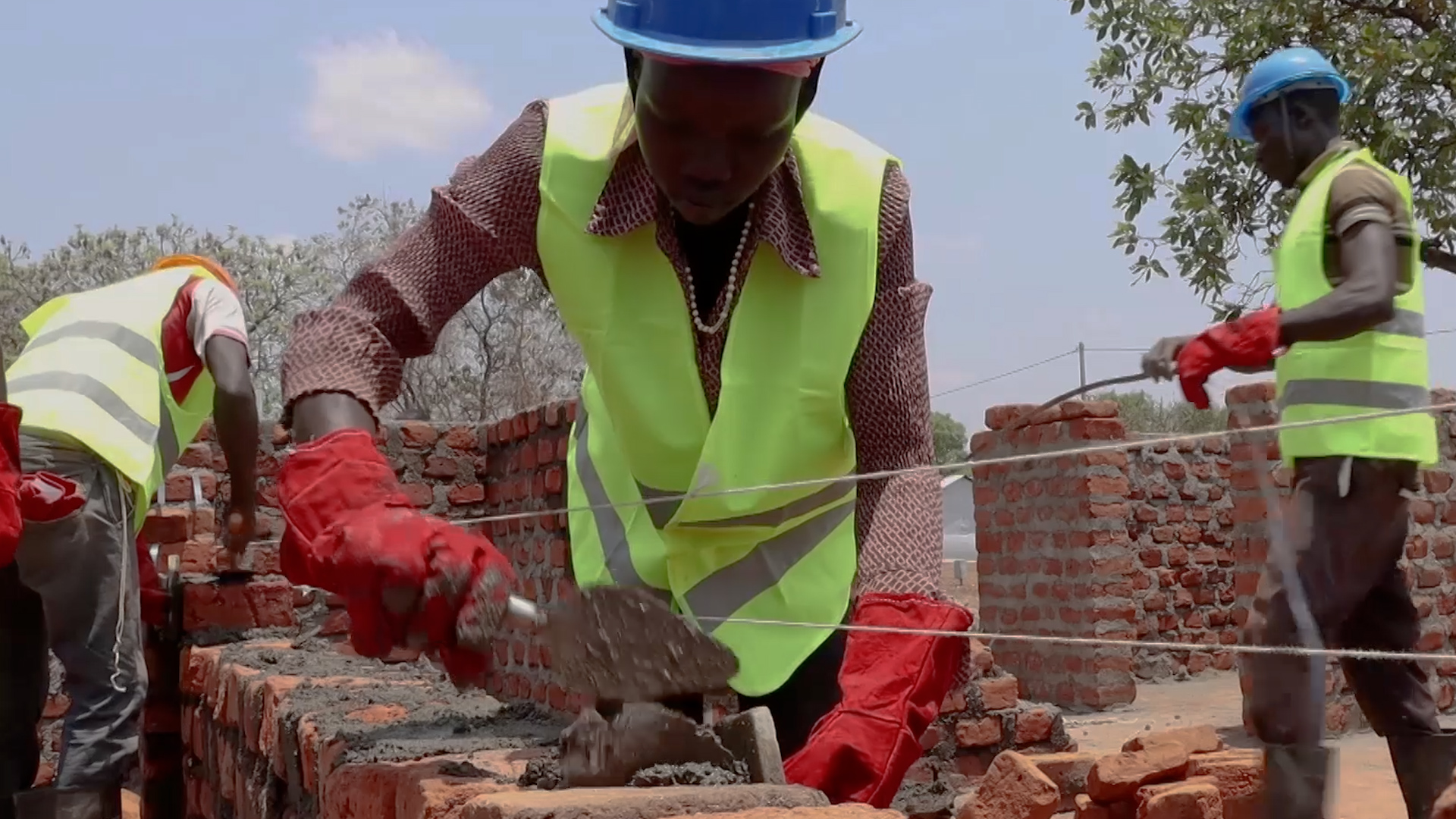"I walked and walked, day and night"
“I couldn’t walk in the streets of Honduras without fearing I could be harmed or hearing some type of [aggressive] comment,” she said. “Even the mildest one was very hurtful.”
According to the Cattrachas Collective, a rights group based in the capital, 64 members of the LGBTI community have been murdered in Honduras since 2017. 38 per cent of violent incidents against transgender people occur on the streets, according to the regional organization RedLac Trans.
Targeted violence and persecution forces members of the LGBTI community in Honduras to live in hiding. Discrimination is often so deeply entrenched that people like Estefanía cannot access basic services or work.
“I couldn’t walk in the streets of Honduras without fearing I could be harmed."
When she did find a job as a canine stylist, she faced daily discrimination, threats and hate messages. She withstood it for eight months. “I couldn’t take it anymore,” she said. The level of harassment and discrimination was so high, I knew that as a trans woman in Honduras I would struggle.”
She found herself at a crossroads: stay and endure harassment, or leave her own country. “It couldn't be worse than what we faced at home, right?” she thought.
Estefanía kissed her mother goodbye and fled her country with a group of LGBTI Hondurans. “I walked and walked, day and night,” she recalls filled with both fear and hope. But she was determined to find a place where she could feel safe. “I was terrified. The journey was not safe, but at least I was not alone.”
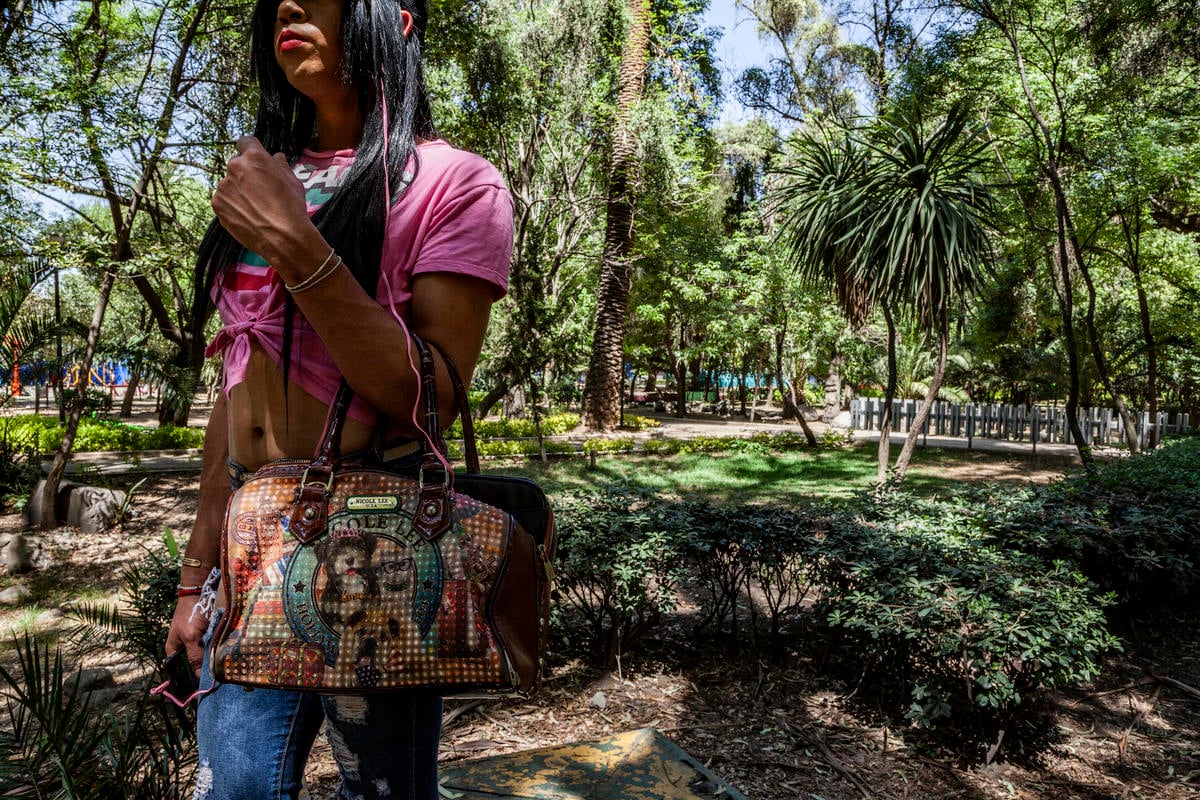
“One night, our group was attacked,” she recalls. “I was beaten and had to be taken to the hospital. Seven stitches in my head. But it was worth it.” She finally made it to Mexico City, where she applied for asylum.
“Discrimination here is not as bad as in Honduras. People seem more open-minded, and I managed to get in touch with other people from my community who have given me a lot of support,” she says.
Estefanía now looks toward a brighter future, hoping to resume her life and find a job in the work she loves. “I am a dog stylist. I love grooming them, cutting their hair, making them look pretty. People here take a lot of care of their dogs.”
While it has not been easy to land a job, she is not giving up. “When people see me, I recognize the look in some of their eyes. They turn me away even if they have vacancies. But I feel safer to be who I am, and I manage to groom my friends’ dogs to make ends meet.”
Finding safety in Mexico
Mexico has become a destination country for people in need of international protection, with a 103 per cent increase in asylum claims recorded in 2018. In a year, claims rose from 14,596 to 29,623.
Migration policy has changed in recent months. In February, the Government suspended the issuance of humanitarian visitor cards, which allowed people to access employment and services within the country for one year. A shift towards a security and control approach, the newly created National Guard was deployed the southern border.
UNHCR has appealed for regional talks on Central America to map out coordinated actions to address this growing displacement challenge effectively and sustainably, prioritizing the protection of lives and well-managed borders.
UNHCR has increased its staff and activities in Mexico to support the implementation of the government’s Comprehensive Regional Protection and Solutions Framework (known as the MIRPS) national plan, particularly in processing asylum claims and ensuring protection for asylum-seekers, refugees and others with international protection needs.
* Names changed for protection reasons.


